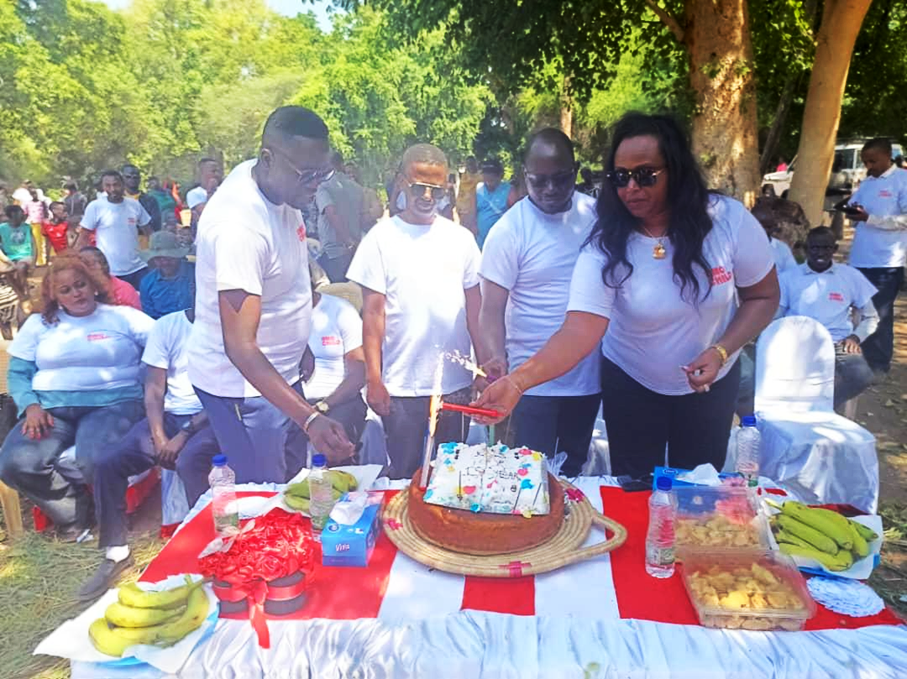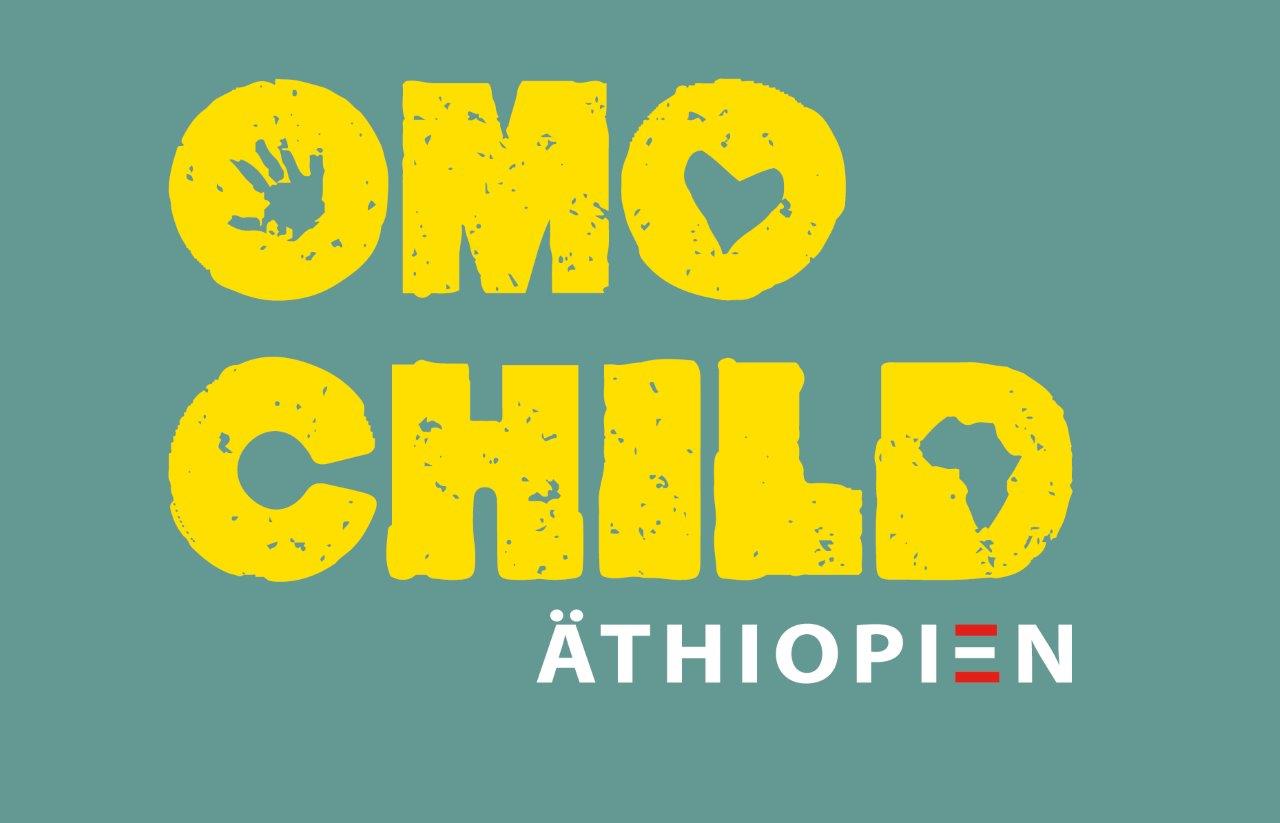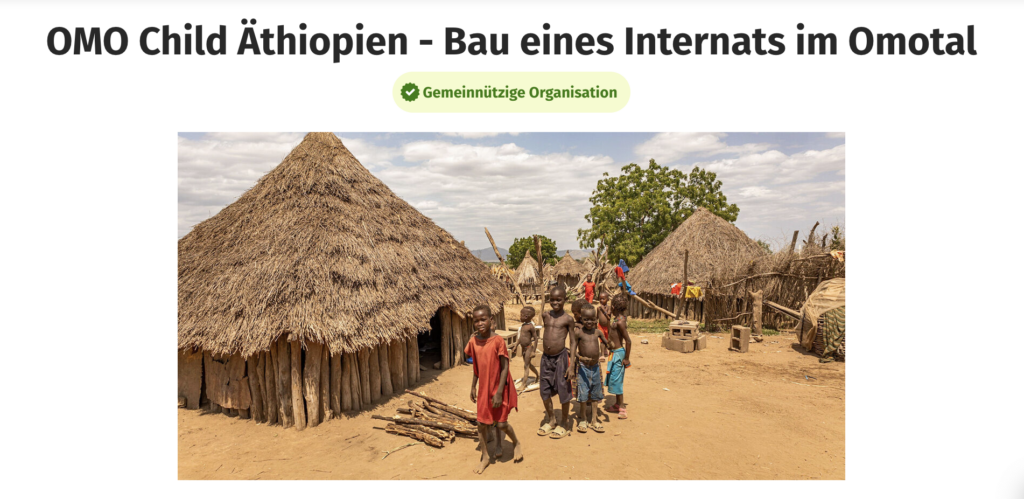BUILDING A boarding school
in the tribal area
All news and information about the project
How you can HELP
You can easily support our project online or via bank transfer.
We forward all funds in full, without deducting administrative, advertising or organizational costs. We are recognized non-profit organizations in Germany and Austria and are allowed to issue donation receipts.
Please note: Online donations are only tax deductible in Germany!Donations by bank transfer should be made to our general accounts in Germany and Austria. Please state “boarding school” as the intended purpose so that we can allocate the donations. All details about the bank transfer can be found here.
ATTENTION: Online donations are only tax-privileged in Germany!
Annual Report 2024 - It's done!
The last few months have flown by, and the construction project required our full attention, so we haven’t published any news here for a while. We’re making up for that here.
Although the construction of the boarding school had to contend with some delays due to adverse circumstances (heavy rainfall, resulting delayed deliveries, etc.), limited school operations were able to begin in September, just in time for the new school year.

Lale Labuko and his team worked hard all summer to ensure that 22 children could start school on September 26th. The 12 girls and 10 boys, all aged 5, proudly received their school uniforms and school materials. A parents‘ council has now been elected and school operation are running. The children receive a hot meal every day after class, which is not a matter of course in the Omo Valley. With a heavy heart, we have decided to wait a little longer with the construction of the dormitories, as the first thing we need to do now is establish the school and secure the financing for its operations.
The school was inaugurated in December with official representatives of the authorities.

See also:
The school in the tribal area is an important step, because we firmly believe that an educated, next generation will end the terrible Mingi superstition.
Our special thanks go to our main sponsor Fly & Help for financing the classrooms and their patient understanding of the delayed completion, as well as to the students of the Adolfinum Gymnasium in Moers, who financed the school uniforms and school materials with their fundraising campaign.
The classrooms are taking shape, December 2023
A lot has happened on the construction site since our last report in the summer. The three classrooms are taking shape and if everything goes according to plan, the building will be completed in the first quarter of 2024. However, this is just the beginning and financing for the dormitories is not yet secured. Therefore, we are very grateful for your support in realizing our vision of better education to combat Mingi superstition. Every euro counts! The Omo Valley was affected by the exceptionally heavy rains in East Africa in the fall, which led to some delays and complications in construction. The dry season has now begun and construction is progressing well, especially thanks to the generous support of Fly & Help. A positive side effect: the rain helps the planted fruit trees to grow quickly. A few weeks ago the first banana fruits could be seen. What a nice success!
Project visit, July 2023
a report by Carmen Kisters
In July 2023 I had the opportunity to visit the construction site with two friends. The drive there already highlighted one of the major challenges of the project: it is a long, 4-5 hours drive from Jinka. The last 26km are a bumpy sand road that is sometimes flooded for weeks during the rainy season. We are already being shaken up in our 4WD vehicle. It shows us what this means for the trucks carrying construction materials. The construction workers have to camp on site for weeks because daily travel is impossible.
When we reach the property, I am surprised of the size of the premise. It is beautifully situated right on the OMO River, which is important for the water supply, and has impressive trees that provide shade. This is also necessary because it is very hot already early in the morning.
During our visit we will be guided by Lale Labuko, Founder and President of OMO Child. Around 35-40 construction workers work on site, and three women from the surrounding villages cook and look after them. The conditions in which people live there are extremely simple. At least there is a shower. During the midday heat, the construction workers take a break in the shade and enjoy a freshly roasted local coffee, which we were invited to taste. However, out of caution, I only sipped once the calabash in which the coffee was served. The break gives me the opportunity to thank the workers and cooks for their hard work.
Since the construction work has begun, the bushes have initially been removed from part of the property. Since a path passed the premise to the fields of Dus, a new road had to be cut into the bush. The area was also fenced off to protect it from animals and unwanted guests. The water supply was secured with a pump that pumps water from the Omo River and a first water tank. Finally, all the photos I had been sent so far made sense to me. Coming from Germany, I clearly underestimated the extent of the preparations before the actual start of construction..
Also the construction of the buildings is much more complicated than I previously realized. Due to the sandy soil, a foundation had to be built 3m deep before the first walls can now slowly be seen above ground. In parallel, construction of three buildings has begun: the classrooms, the dormitory and the guest house for the teachers. The latter in particular is very important in order to attract good teachers to the school. All work on site is done by hand, machines are searched in vain. I have the utmost respect for the construction workers for working in this heat.
Finally, we visit the newly planted banana and other fruit trees such as mango, papaya and avocado. 450 trees have been planted so far and 1,000 will be planted in total to secure the food supply. I and my two friends also got to plant some banana trees. A great experience to be able to participate in this way. The first bananas should be harvested next spring. To do this, however, the plants have to be watered daily, which is done by the village people from Dus.
Lale Labuko patiently explains the entire project to us and proudly highlights what has already been achieved in a short time. But he also admits that the project is very challenging. After I saw the construction site with my own eyes, this finally became clear to me. But the vision of bringing high-quality education to the region and thus giving young people a new chance drives us both. But it is also clear to us that we still have a lot to do before the boarding school opens – both in terms of further financing that is still open and the implementation on site.
The beginning has been made, May 2023
The project was started at the end of April 2023 with the ceremonial laying of the foundation stone. In the first phase, the construction of three buildings has begun:
- 3 classrooms
- 1 dormitory for boys and girls
- 1 guest house especially for the teachers
Initial financing for classrooms has been provided by the Reiner Meutsch Foundation FLY & HELP. The construction of the guest house is supported from the USA.
In addition, the government is providing around 1,000 banana trees and other fruit trees to support local food supplies. These will be planted gradually over the next few months.
A particular logistical challenge is the remote location (approx. 4-5 hours by car from Jinka).
The goal is to open the school for the new school year in September 2025. We want to start small, with around 25-30 children, and then expand the boarding school further.
Vision and Objectives, February 2023
- Only 20% of children in South Omo Zone complete primary school. Lack of education keeps harmful traditions such as Mingi superstitions, child marriage or physical violence alive.
- Our vision is to develop the tribes in the region towards greater prosperity through education and health services for children. A new generation that is knowledgeable and educated can be a role model for ending harmful traditional practices
So we started our new project in the Hamar, Kara and Bena tribal area, which aims to address these needs: A high-quality primary boarding school (grades 1-8), access to clean water and regular food are cornerstones to improve the children’s situation
- Deep local community involvement and a focus on sustainability are key to success; Communities need to understand the value of education. Community awareness needs to be raised to combat harmful traditional practices.
- Dus, a Kara village on the banks of the Omo River, was chosen as the location. The tribal elders of various villages visited OMO Child in Jinka to see the project for themselves before releasing the land.
- A phased approach reduces the financial risks associated with the project. OMO Child Ethiopia’s project management ensures the buy-in of local communities and leverages experiences from previous successful projects in collaboration with European partners.
YOU CAN HELP TOO
Through sponsorship, you will not only ensure that a child is looked after, you will also be looking after the child´s future.

